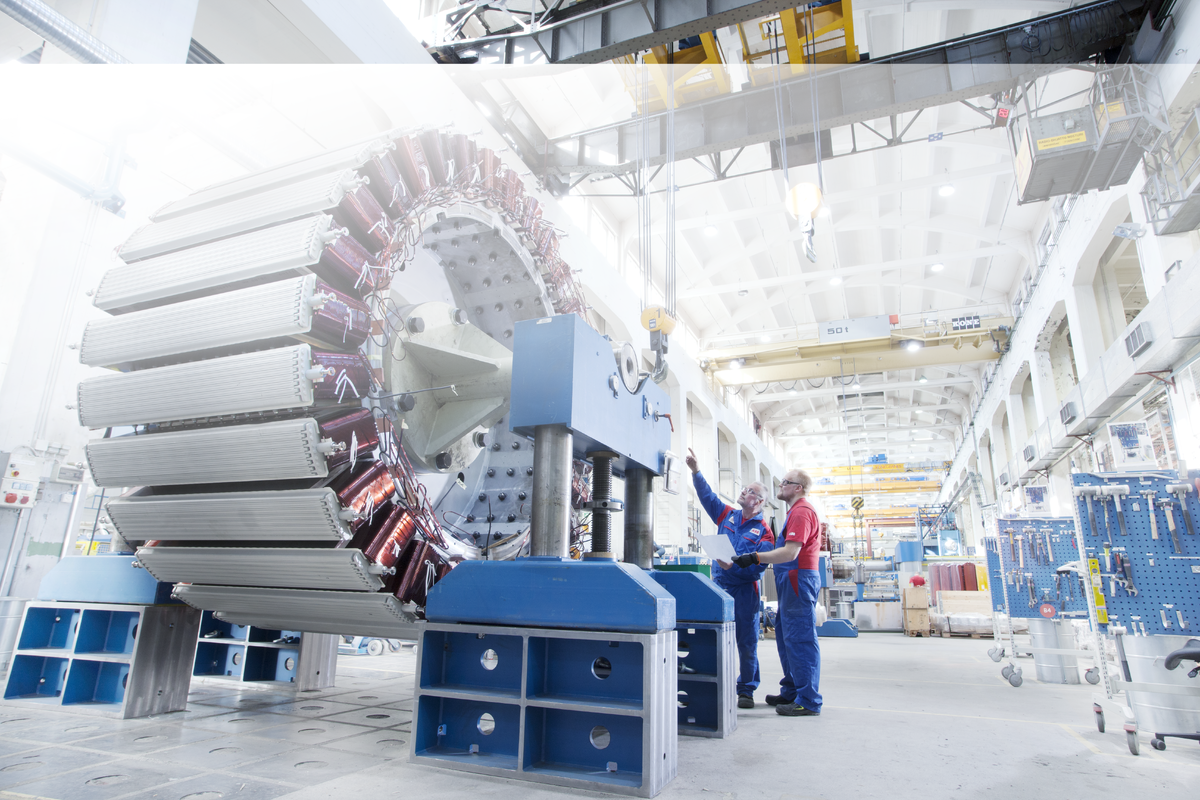Survey reveals opportunity for tech-driven maintenance to boost industrial uptime
Sponsored by ABBUnplanned outages pose a significant challenge for industries worldwide, leading to high direct and indirect costs such as repairs, lost production, reduced competitiveness and reputational damage

A recent survey by ABB, covering more than 3,000 industrial plant maintenance leaders from multiple sectors around the world, reveals the substantial impact of unplanned outages.
The survey shows that typical industrial businesses face staggering downtime costs of $125,000 per hour*, and a significant 69 per cent of businesses encounter such outages at least once a month. This jumped to 80 per cent for those that conduct reactive or “run-to-fail” maintenance – where equipment is only fixed when a failure occurs. A fifth of businesses still rely on this risky approach to maintenance.
To combat downtime, digital solutions are taking maintenance to the next level – prioritising and optimising reliability in a way that was not possible before.
Decreasing downtime
Condition-based maintenance helps prevent downtime and its high costs. It relies on analysing data from digitally connected equipment so that irregularities are flagged before they become failures. In the survey, the 33 per cent of businesses using a condition-based strategy reported the best improvement in uptime in the last year.
Digitalising equipment comes with a host of advantages beyond promoting uptime. For example, one sugar processing plant in Belgium wanted to track the condition and performance of its critical dryers and fans. Once ABB’s service partner had digitally connected the equipment, operators spotted that one fan was vibrating more than expected. Rapid maintenance boosted its uptime and increased its efficiency by 12 per cent, leading to annual energy savings of €4,000.
A new era for reliability

As technology and business practices evolve, so too must industry’s approach to maintenance. ABB’s survey revealed that 60 per cent of respondents plan to increase their spending on reliability and maintenance in the next three years. Predicted benefits include less unplanned downtime, more energy efficiency, longer equipment life and a faster response to customer demands.
These can be achieved with an outcome-based maintenance agreement, where a service provider charges based on achieved outcomes, such as uptime. This approach effectively outsources maintenance risk on complex equipment, achieving better business results by ensuring long-term system reliability. In the survey, 87 per cent of respondents expressed interest in outcome-based models.
For example, Statkraft, Europe’s largest renewable energy generator, partnered with ABB through a 10-year outcome-based service agreement to maintain a high level of uptime. This ensures the availability of key equipment at its Lister Drive project in the UK, which supports the integration of wind and solar power. The project ensures that the UK can accept more renewable energy. The agreement includes planned and rapid response maintenance services, as well as digital condition monitoring to enable data analysis, meaning action can be taken to ward off issues before they become a problem.
Reliability is just one of the advantages that outcome-based models can offer. They can also help industrial operators adapt to a rapidly changing world. One specific challenge they address is the aging workforce. As experienced technicians near retirement, long-term outcome-based models can help overcome this by enabling businesses to plan for the future and resource their maintenance accordingly.
The true value of reliability
Investing in reliability brings significant business advantages. When it comes to buying new equipment, survey respondents ranked reliability as the top priority – investing in digitally connected equipment is one sure way to boost reliability and uptime.
In addition, adopting long-term, outcome-based maintenance agreements means a business will significantly cut exposure to costly, unplanned downtime, and will gain operational efficiency.
Explore the complete findings of ABB’s Value of Reliability Survey
*The survey is based on information provided by third parties in response to a questionnaire, rather than reviewing actual accounting records

By Virve Viitanen, Head of Customer Care and Support, ABB Motion Services
Virve Viitanen is Head of Customer Care & Support Service Line of ABB Motion Services division, within the motion business area.
She joined ABB in 2006 as part of the company’s global trainee program and has held various positions since, such as Business Controller and Product Group Controller of ABB Motion Drives Service division. In 2018 she was appointed Local Business Unit Service Manager of ABB Motion Drives Service in Finland.
Virve holds a master’s degree in Industrial Engineering and Management from Tampere University of Technology, Finland.
She was born in 1982 and is a Finnish citizen.

Business Reporter Team
Most Viewed
Winston House, 3rd Floor, Units 306-309, 2-4 Dollis Park, London, N3 1HF
23-29 Hendon Lane, London, N3 1RT
020 8349 4363
© 2025, Lyonsdown Limited. Business Reporter® is a registered trademark of Lyonsdown Ltd. VAT registration number: 830519543





